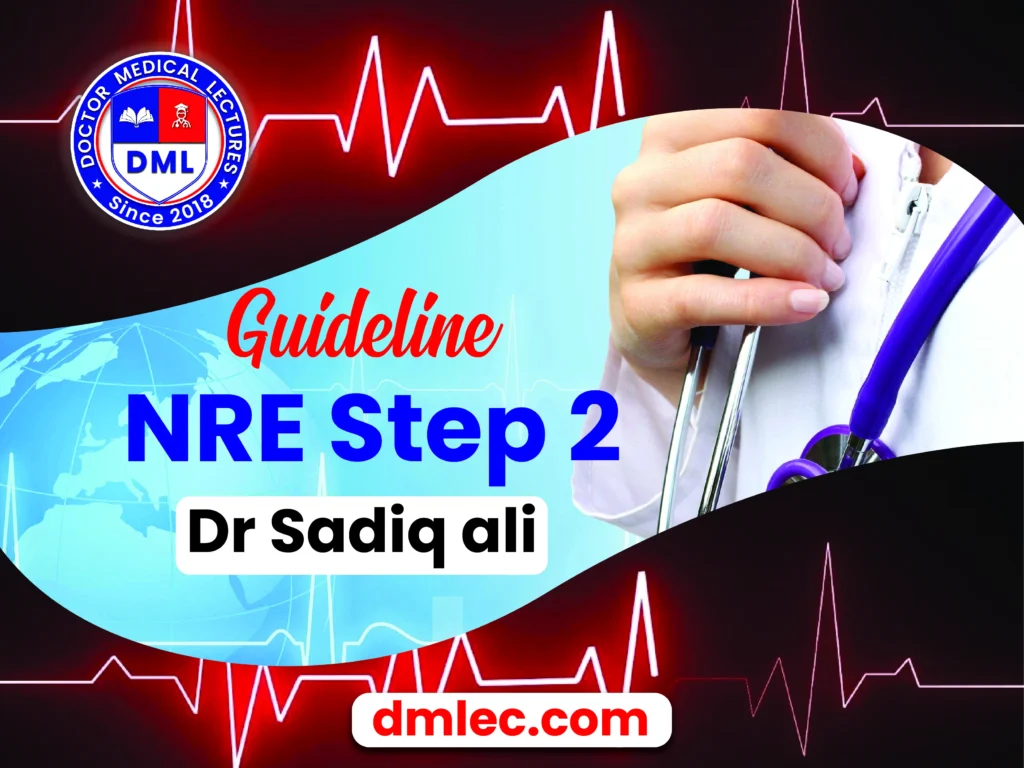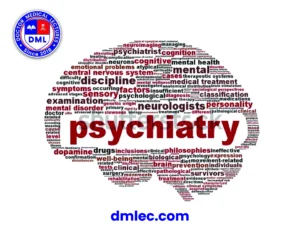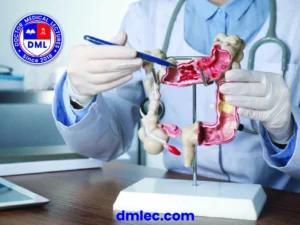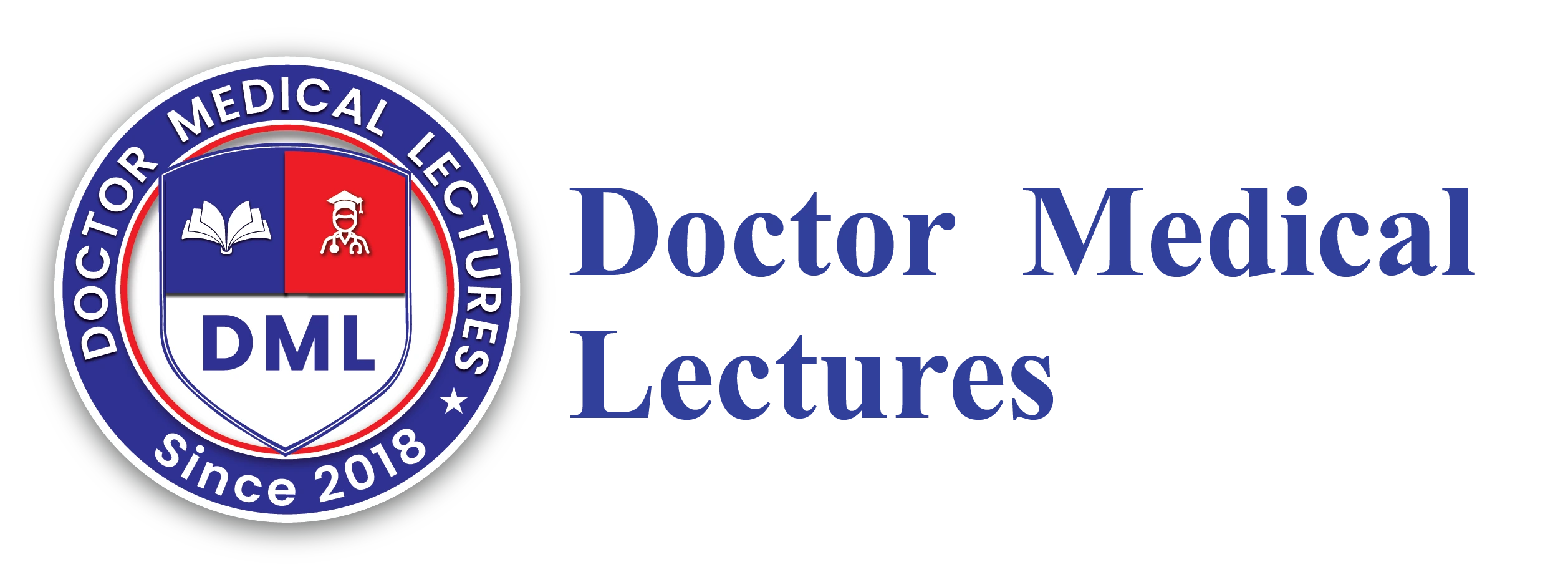Introduction
NRE Step 2 exam preparation is an integral component of medical job advancement, designed to assess both your understanding and capacity to make informed clinical decisions. While other tests focus more on memory skills, NRE Step 2 requires in-depth knowledge regarding medical theories and applications in clinical settings – much more so than tests which primarily test memory recall alone. Rather, NRE Step 2 measures talent for assessing and supervising patient care which are both essential aspects to become registered doctors. Offering multiple subjects including internal medicine, surgery, pediatrics and psychiatry it requires extensive knowledge for passing.

As a medical student or recent graduate taking an NRE Step 2 exam can demonstrate your expertise while testing how you deal with real-life scenarios. This guide offers step-by-step procedures as well as essential resources and skillful methods designed to help you pass this examination and advance in your medical career.
What is step 2 of NRE?
The National Registration Exam (NRE), Step 2, is an examination that measures your ability to apply knowledge acquired during basic medical studies to real world scenarios – essential for medical professionals looking to advance their career. It serves as the second step after passing basic exams. The exam measures your capacity to apply the knowledge in real time scenarios – something which should not be taken lightly by medical students taking the exam!
Why Is NRE Step 2 Significant?
NRE Step 2 exam is more than a test; it’s an assessment of your ability to contribute effectively in clinical practice. It tests both clinical knowledge and management expertise. Achieving success on NRE Step 2 will demonstrate your capacity for handling scenarios encountered in real medicine practice and play an essential part in career growth.
How NRE Step 2 Affects Your Profession
Success at passing NRE Step 2 can open many doors in healthcare. It demonstrates your ability to handle complicated clinical situations and represents one of the key requirements for advancement within your profession.
Effective Strategies to Study NRE Step 2
Preparing for NRE Step 2 requires an approach incorporating various study tools, including practice exams and regular revision. Here are a few helpful hints:
-
Plan Your Study Strategy:
Develop a structured study plan which includes regular goals for each day, break times and ample study review time. Focus on topics with higher returns as priorities when setting this study strategy for NRE Step 2.

-
Utilize Question Banks:
Utilize reliable question banks in order to become familiar with the types of questions that will appear on the NRE Step 2 exam and review any explanations in detail that explain why certain answers are correct or not.
-
Experiment With Clinical Scenarios:
Engage in case studies and clinical situations to develop your reasoning and problem-solving abilities – essential elements for NRE Step 2 success.
-
Focusing on Weak Areas:
Focus on areas in which you are struggling. Pay particular attention to any areas where there may be an issue in your life that need improvement. NRE Step 2 covers various disciplines; therefore a broad understanding is required.
-
Practice Tests for Exam Success:
To help simulate the actual exam experience and build confidence for taking NRE Step 2, practice tests should include full length questions of equal duration. This helps manage time efficiently while building self-assurance before the real thing arrives.
Basic Skills Required for NRE Step 2.
Essential Skills Required to Pass the National Registration Examination step 2 generally refers to those skills and areas of expertise necessary for passing step 2 of the National Registration Examination (NRE), typically linked with censurer or certification in Emergency Medical Services (EMS) or healthcare-related fields. Step 2 places an emphasis on clinical capabilities, patient management strategies and making sound choices.
Important topics covered in NRE Step 2:
NRE Step 2 tests cover an expansive variety of medical topics with an emphasis on clinical understanding and practical application. Here are the most vital considerations when taking this exam:
-
Internal Medicine
NRE Step 2, Internal Medicine section assesses your knowledge of illnesses which predominantly impact adults, with special consideration given to respiratory, cardiovascular and digestive illnesses; digestive health problems; endocrine issues like diabetes; as well as issues that pertain to nutrition and metabolism. Being aware and managing such ailments are paramount components to successfully passing this exam.
-
Surgery
In this section, your abilities as an operating room supervisor will be put through their paces as you’re tested on how well you oversee surgeries from pre-assessment through post-op treatments for appendicitis, hernias and blood vessel diseases that require surgical intervention such as appendicitis. Emergency procedures must also be established quickly so the right decisions can be taken quickly in stressful situations.

-
Pediatrics
In Step 2 of the NRE exam, your knowledge of children’s illnesses such as growth and development, vaccinations and congenital disorders will be tested. Being familiar with asthmatic children as well as more serious health problems like congenital heart defects or metabolic conditions are crucial parts of success on this exam.
-
Obstetrics and Gynecology
Obstetrics and Gynecology is essential to understanding reproductive health of women, including pregnancy. Topics discussed within obstetrics and Gynecology typically include prenatal care including labor and birth; contraception as well as management of menstrual disorders; dealing with common gynecological conditions like endometriosis or ovarian cysts.
-
Psychiatry
This section addresses mental health as well as its treatment. This can include mood disorders, anxiety disorders, schizophrenia as well as drug abuse and cognitive disorders. Furthermore, knowing how to respond in case of emergency mental illness is equally essential.

-
Emergency Medicine
Emergency medicine aims to provide immediate assistance and care for people experiencing emergency and life-threatening circumstances, including heart related trauma like myocardial infarction, stroke shock and stroke as well as quick diagnosis and stabilization of critically seriously ill patients.
-
Preventive Medicine
This area entails the promotion and prevention of disease through screening guidelines, vaccination schedules, lifestyle modifications that reduce chronic illnesses risk factors as well as strategies for public health management. Understanding strategies is vitally important in NRE 2.
-
Professionalism and Ethics
Step 2 of the National Registration Examination tests your knowledge of medical ethics as well as competent conduct. Topics may include confidentiality of patients and informed consent forms, handling medical errors effectively, making decisions regarding end-of-life medical care and employing ethical standards in real world medical situations.
-
Neurology
Neurology encompasses disorders affecting the nervous system, such as strokes, epilepsy and Parkinson’s disease as well as multiple sclerosis disorders like migraines and sclerosis. Effective management of neurological conditions may require knowledge of neurological tests as well as imaging studies such as CT scans or MRI.
-
Infectious Diseases
This section covers the diagnosis and treatment of diseases caused by infections, including pneumonia, urinary tract infections (UTIs), sepsis, tuberculosis and bronchitis. Achieving hospital acquired infections while adhering to antimicrobial therapy protocols is key for proper infection control measures.
-
Cardiology
Cardiology is one of the key components of NRE Step 2, covering topics like arrhythmia and hypertension as well as heart failure symptoms and acute coronary syndromes. You should learn to recognize and treat heart diseases during emergencies.
-
Gastroenterology
NRE Step 2’s focus area for Gastroenterology will be liver diseases and inflammatory bowel disorders such as Peptic Ulcer Disease and bleeding from the digestive tract. You will be evaluated on various topics like endoscopic diagnostic techniques as well as acute GI disorders management.

Essential Skills for NRE Step 2:
1. Clinical Knowledge:
- An in-depth knowledge of anatomy and physiology.
- Understanding psychophysiology associated with common medical diseases.
- Experience with medical terms and procedures is necessary.
2. Assessment of Patient:
- Conduct thorough patient tests.
- Accuracy in both primary and secondary surveys.
- Documenting medical histories as well as physical exams thoroughly.
3. Judgment Making:
- The ability to critically think and make educated decisions. mes Prioritization of care depends upon severity of illness.
- Recognition and management of life-threatening illness.
4. Clinical Methods and Techniques:
- Skills include administering medications and performing CPR with medical devices as well as managing an airway.
- Its Airway management.
- Understanding and performing proper techniques for wound care and splinting.
5. Communication:
- Our patients, their family members and healthcare professionals must communicate effectively on all levels.
- Accurate hand off of patients to caregivers as well as delivery of reports are also essential in guaranteeing continuity of treatment.
6. Ethics and Conduct in the Workplace:
- Respect for ethical standards for patient care and decision-making processes.
- Responsibility and professionalism within clinical interactions.
7. Time Management:
- Efficient use of time to assess and manage patients.

- Capable performance under stress in emergency situations.
8. Clinical Judgment and Problem Solving:
- Implementation of clinical studies’ knowledge in real-life situations.
- Resolving unexpected issues quickly.
Final Thoughts
The NRE Step 2 exam can be a difficult, yet rewarding challenge that assesses your knowledge for clinical training. With preparation, a solid study plan, and regular practice, passing will become easier with strategic preparation plans and regular practicing – essential ingredients of success in passing any exam! To do well in passing, one must continuously put forth effort by learning medical terms and concepts while applying them energetically during patient scenarios.
Conclusion
The NRE Step 2 exam is an integral component of your healthcare career advancement. By prioritizing both theoretical and practical application during preparation for this examination, your chances of being successful increase greatly. Establish a thorough study plan using proper tools, as well as time management practices to build up confidence in yourself as you approach test day. Don’t just think about passing; remember it’s about showing your ability to apply clinical practice knowledge in real-life situations that is key for being a success in healthcare – be attentive and be ready for test day – stay focused and you will achieve great things!
Frequently Asked Questions:
Question 1. Concerns about NRE Step 2.
An NRE Step 2 exam assesses a candidate’s clinical knowledge, management skills, and their ability to practice clinically.
Question 2. How can I prepare thoroughly for NRE Step 2?
Whilst no guarantee exists when taking exams such as this, one effective method for preparation would be creating a comprehensive study plan and question bank for this test, and conducting full-length practice exams designed specifically for NRE Step 2.
Question 3: Which subjects will the NRE Step 2 exam cover?
The National Registration Examination step 2 exam tests knowledge across surgery, internal medicine, pediatrics and psychiatry in addition to many other clinical disciplines.
Question 4: In preparation for NRE Step 2, how many practice tests should I take in preparation?
For maximum coverage and comprehension of all NRE Step 2 topics, make sure you complete at least 2,000 practice tests prior to sitting the exam.
Question 5. Are extensive clinical knowledge and experience essential to passing the National Residency Examination Step 2 (NRE Step 2)?
Experience is absolutely crucial as the NRE Step 2 assesses your ability to apply your knowledge in practical settings with patients.
